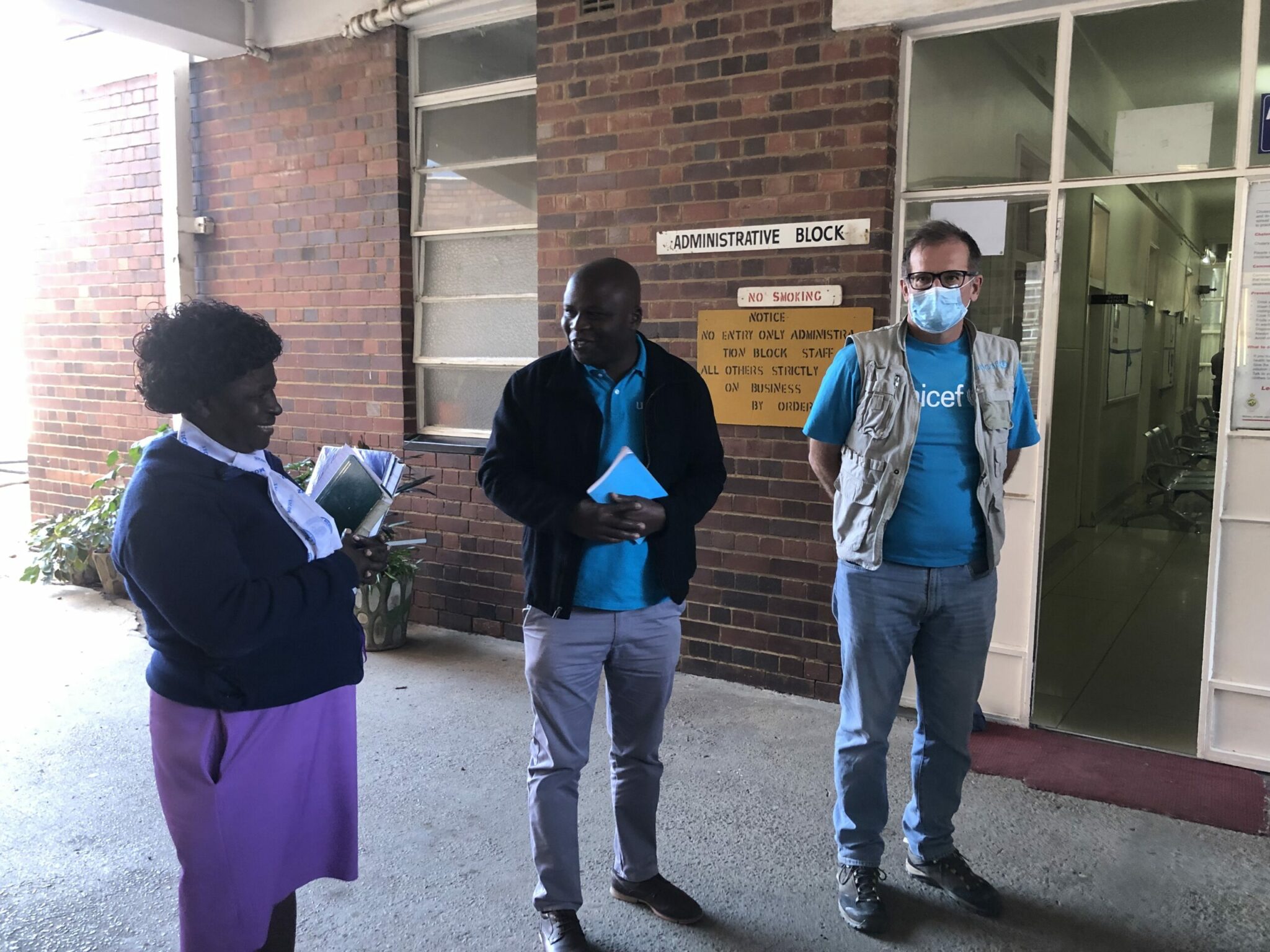By NDUMISO TSHUMA
Mpilo Central Hospital has revealed a partnership with UNICEF to provide free treatment for malnourished children aged zero to five.
The hospital has established a dedicated 22-bed ward catering to children up to 12 years old.
Penny Ncube, a Matron at the hospital, highlighted UNICEF’s role in training nurses for malnutrition management and providing essential supplies.
“UNICEF offers invaluable support,” Ncube said. “They train our nurses and provide equipment like digital scales and height boards. They also donate nutritional supplements like Plumpy Nuts, F-100, and F-75 for patient rehabilitation.”
Ncube explained that severely ill patients are first admitted to the main ward for stabilisation before being transferred to the nutrition unit for rehabilitation.
“We receive malnourished patients from Matabeleland South and North,” Ncube explained. “Initially, they are admitted to the main ward for stabilisation. Once stable, they are transferred to the nutrition unit for rehabilitation. We then collaborate with the city council for further support.”
Social worker referrals are crucial to prevent relapse after treatment, according to Ncube.
“We ensure continued care by referring discharged patients to social welfare services for monitoring and support,” Ncube said.
Chari Pascaline, a hospital nurse, confirmed that children under five are the most affected age group. Currently, the unit treats nine patients.
“The malnutrition ward treats children from zero to twelve,” Pascaline said. “We admit stable patients after addressing danger signs like hypoglycemia and hyperthermia. We’ve treated and discharged five to six patients last month. This month, we have nine, and the numbers are rising.”
Vengai Taremba, a UNICEF Nutrition and Public Health Specialist, explained the use of therapeutic foods like Plumpy Nuts and F-100/F-75 in managing malnutrition.
“F-75 and F-100 are therapeutic milks used to treat acute malnutrition. Anthropometric measurements are crucial for screening. We measure weight and height to determine if a child falls within the healthy range.”
While there’s been an improvement in food security from 29% in 2023 to 35% in 2024, Taremba warned about the challenges in urban areas.
“We need to work together to prevent malnutrition and ensure proper child nutrition,” Taremba said. “Recent surveys show an increase in urban food security from 29% to 35%. However, there’s also a rise in acute malnutrition cases in urban areas, reaching 5.6% across Zimbabwe. Prevention is key to keeping this number below 5%.”

